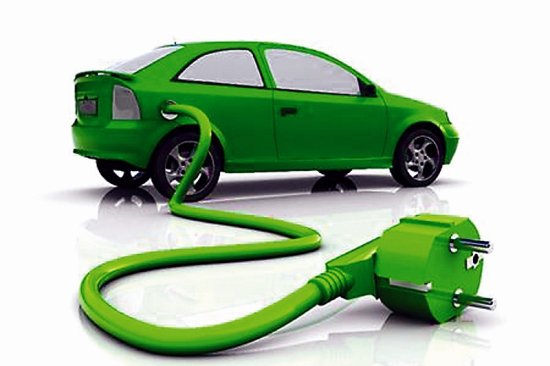Chinese lithium firms invest abroad to prepare for AEV demand
Publish time:12/26/2017 12:00:00 AM Source: CCM
Information collection and data processing: CCM For more information, please contact us
China’s lithium-related companies went on a shopping spree in worldwide markets throughout 2017, purchasing or investing otherwise in overseas lithium enterprises. Especially lithium mines have been the main target for Chinese investment of Chinese downstream industry, including manufacturers of batteries, alternative energy vehicles, and other lithium-depending high-technology products.

As demand for alternative energy vehicles (AEV) surges, Chinese companies have been doing deals around the world to secure supplies of lithium, a silvery-white metal mined from rocks mainly in Australia and brine pools in South America. The companies are supported by the government, as China has limited lithium resources of its own, so investments abroad are inevitable.
Canada’s
Potash Corp., the world’s largest producer of the fertilizer by capacity,
confirmed rumours pointing at Chinese firms hoping to buy the miner’s stake in
Chilean lithium producer SQM.
Chinese
investment firm NextView Capital has paid USD41.4 million for a 20% stake in
AIM-listed lithium producer Bacanora Minerals. The Beijing-based company will
get guaranteed supply of 5,000 tonnes per year of battery metal lithium at
market prices from Bacanora’s project in Mexico when it starts production at the
end of 2019.
CCM is China’s leading market intelligence provider for the fields of agriculture, chemicals, and food & feed.
If
you need more information on China’s lithium, lithium-ion battery, and AEV
market, please have a look at CCM’s monthly published Newsletter China Li-ion
Battery E-News to get premium insights in market dynamics, policy changes,
company developments, and any newsworthy stories of the market.
For any inquiry about Market Research in China, please contact our team at econtact@cnchemicals.com or call us directly on 86-20-37616606.
People who read this article also read what the article
- Glycine output in China expected to decline in October 2023/09/20
- Challenges after COVID-19 in China's Pesticide Market 2023/06/06
- Liquid Dairy Trends Report for Q1-Q3 2023 2024/01/15